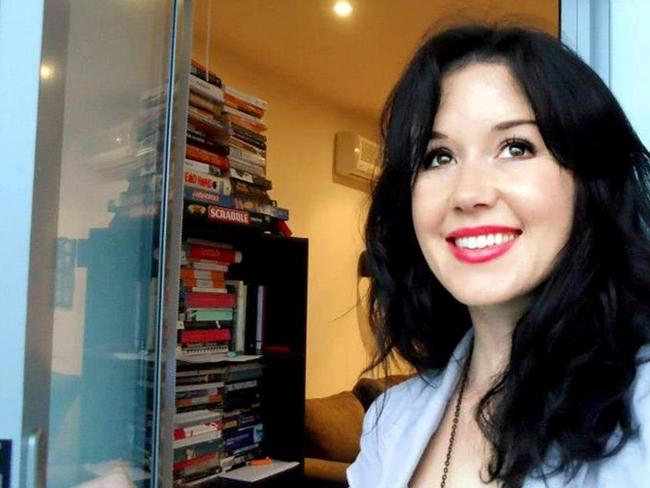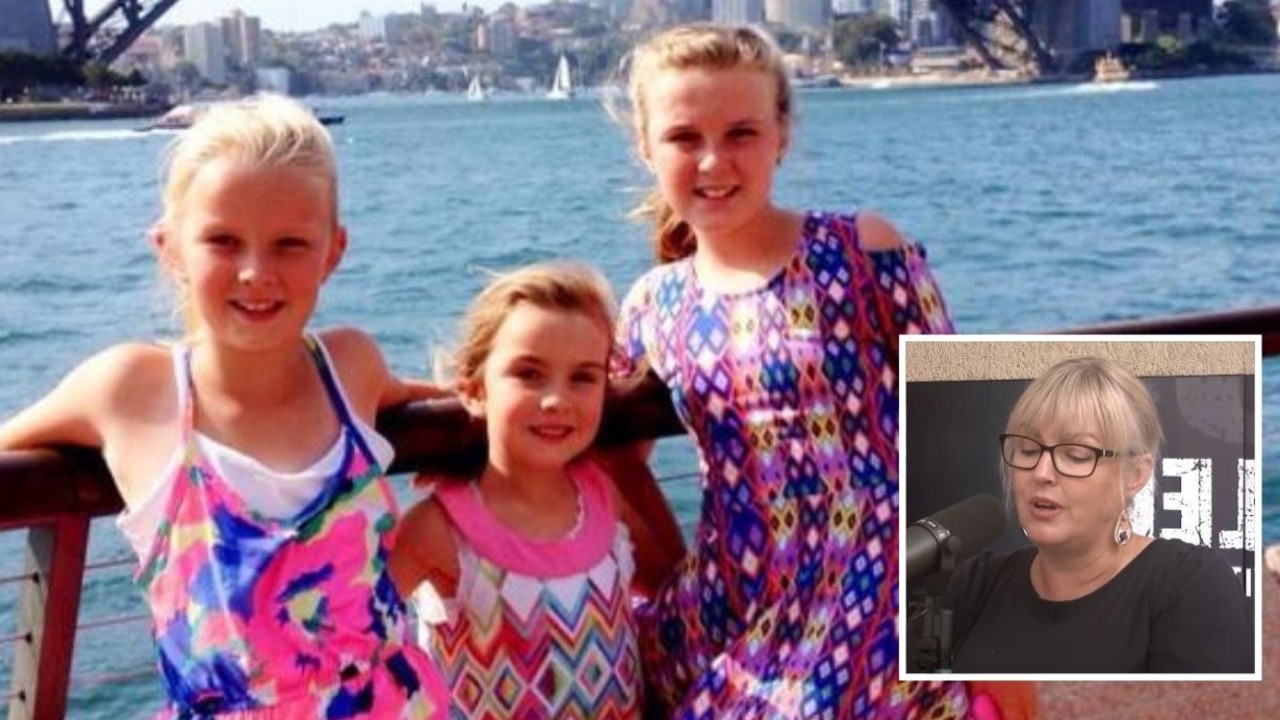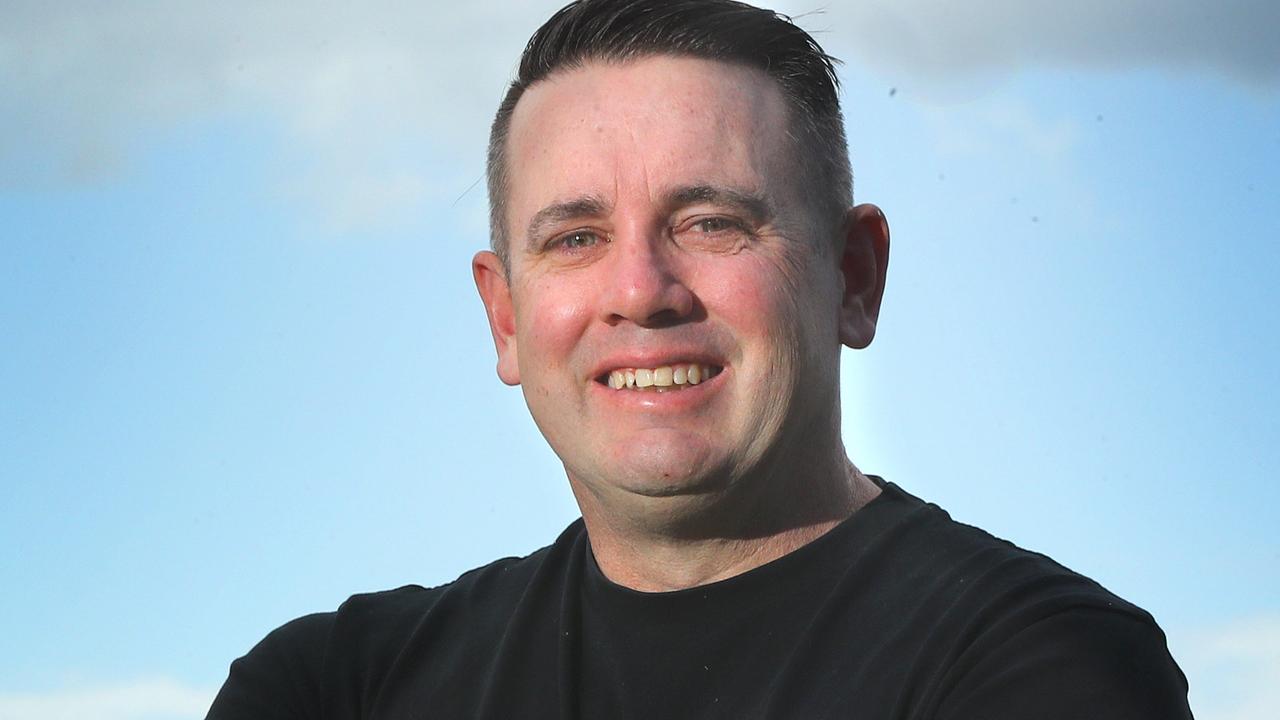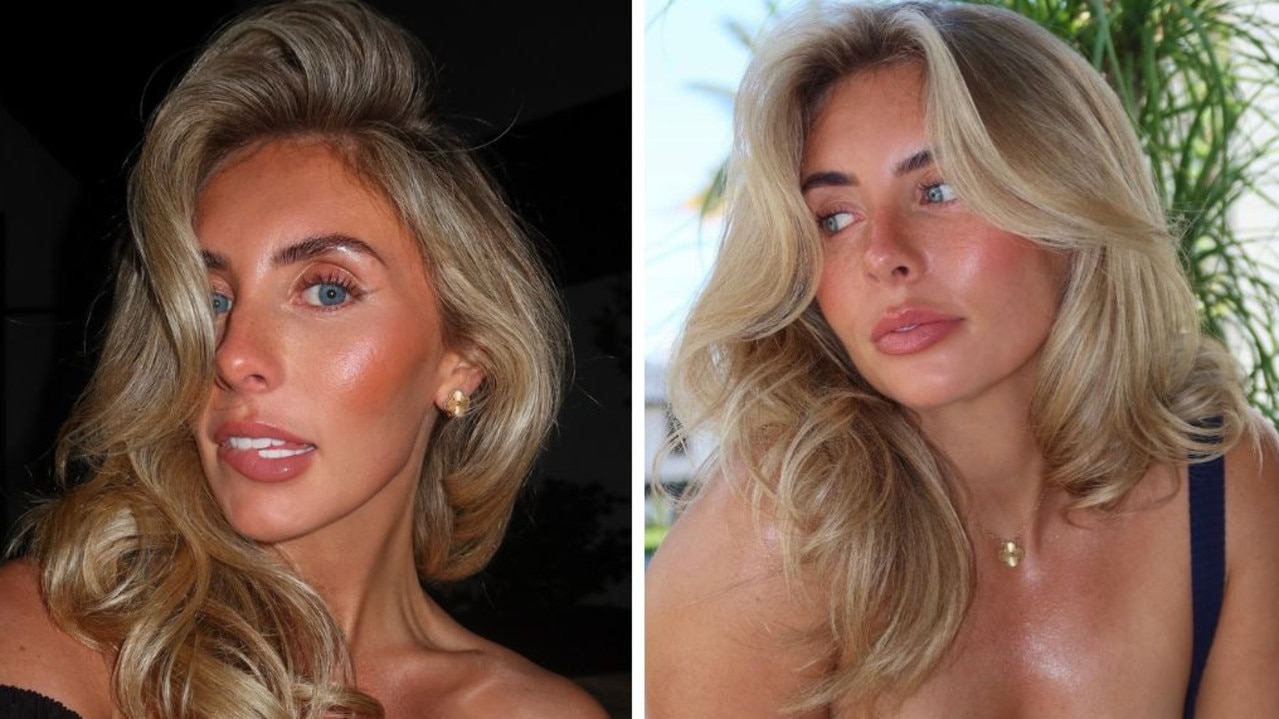We need to talk about the monsters
AUSTRALIA’S response to the horrific death of Eurydice Dixon has been incredible to witness - but meanwhile, other victims are escaping our attention.
WHAT happened to Eurydice Dixon terrifies us. She allegedly died at the hands of a stranger, as he violated her body.
Hers is added to a bank of names we have collected without wanting to: Jill Meagher, Stephanie Scott, Daniel Morcombe, Madeleine McCann … how far back do you want to go? I remember the first deposit in my name bank: Sian Kingi, 1987. I was a primary school kid just like her. I remember sitting in the Noosa park where she was taken and feeling that creeping hand of fear trying to hold me. It is a hand that guides us for life.


Victorian police reminded us of the unfairness of this at the worst possible moment. The words “take responsibility for your safety” ignited a potent cocktail of fear and frustration in women, which exploded into fury — that “taking responsibility” is exactly what we do, and it amounts to a life half lived. For Eurydice, less than a quarter.
Victorian Premier Daniel Andrews has articulated that fury, emerging at the helm of a movement which says, “Women don’t need to change. Men do.” And yes, this needs to be said by a man. But attaching these calls to the death of Eurydice is also problematic. Why? Because most men don’t identify with the violence it takes to assault, rape or kill someone: for want of a better term, the violence of monsters.

There are two distinct contexts here: violence by people known to the victim, and violence by strangers.
While the former represents the vast majority of crimes, the latter is the one which chills us to the bone and shakes us into action. But attaching the message to the work of monsters risks missing the bulk of perpetrators, that is, the men who hurt the women — and children — they know (and often profess to love).
What we are really talking about this week is how we up-end the ingrained attitudes to women’s bodies. Solutions discussed include more education: teaching boys and men about consent and respect, teaching girls and women how to navigate dangerous relationships, teaching all of us to pick up the phone when we hear a woman screaming.
But no one heard Eurydice that night. That’s the problem with allegations concerning the violence of strangers. Too often they arise from acts done in fleeting, brutal isolation.
Women have a right to feel safe. I am waiting for us to make the same realisation about the right of children to grow up unburdened by fear, the right of parents to raise kids without being in a constant panic mode. The work of monsters is not just about women, all parents feel the fear too.
A new narrative — one where everyone is thinking about how to stop violence — will help the thousands of nameless women and children who suffer the common violence we tend not to notice. And yes, it will save lives. But it probably won’t help the people in my name bank. Or the people who will join them in future.
Their deaths need a different conversation. Where do we even start?



